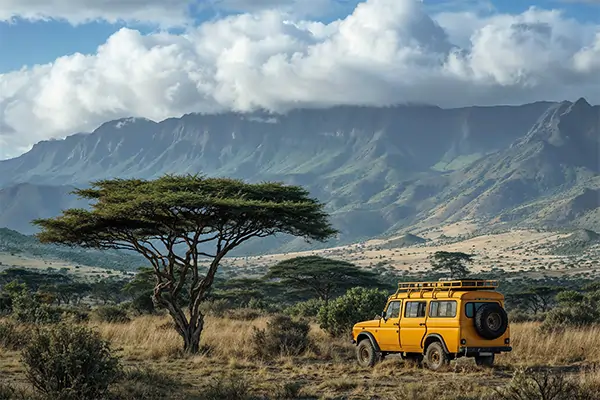New research urges sustainable tourism that truly supports African communities and culture
New studies at the University of Manchester show that luxury tourism in Africa usually does not benefit local people as anticipated. Although most African nations attempt to lure rich tourists using upscale resorts and safari lodges, there are few benefits for the surrounding communities. The study, which appeared in the African Studies Review, cautions that luxury tourism may sometimes be more of a curse than a blessing. Luxury resorts and inclusive hotels tend to be geographically isolated from host villages and towns. They employ minimal local staff and get tourists to spend their money within the resort, not in surrounding markets or enterprises. Foreign companies own many of the most successful eco-lodges. Tourists' money is often spent in foreign travel agencies or imported products, and their earnings are repatriated to foreign nations rather than remaining in Africa.
The study also points out that luxury tourism can widen inequality. Foreign operators or a small elite of locals reap most of the profit. Tour workers, on the other hand, receive very low wages, generating tension between communities and investors. This clash is increasing where, for example, a new luxury Ritz-Carlton safari lodge in Kenya's Maasai Mara reserve has been legally challenged by local activists. The Maasai claim their traditional land and way of life are being devastated by luxury tourism development. This tension is also occurring in Tanzania, where anti-eviction protests against Maasai herders to make way for hunting lodges sometimes run violently. As increased tourists flock to Africa in search of high-end experiences, governments and companies should ensure that the local people actually benefit. Sustainable tourism that protects the environment, supports local jobs, and preserves indigenous culture has the potential to create a brighter future for residents and visitors alike.
.webp)










.webp)































.webp)
